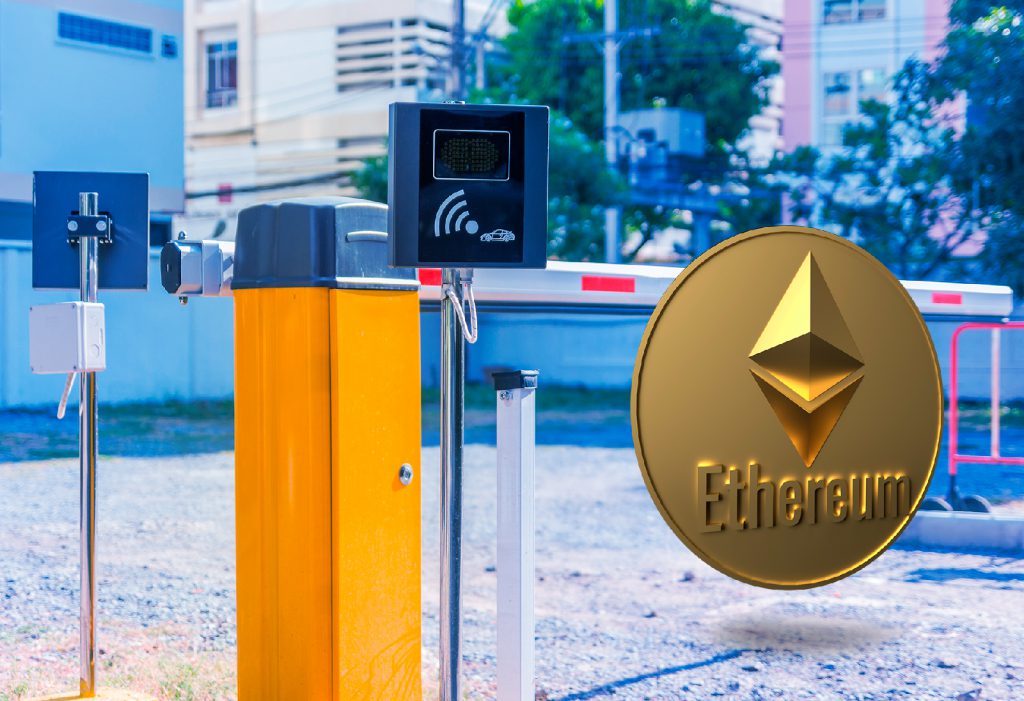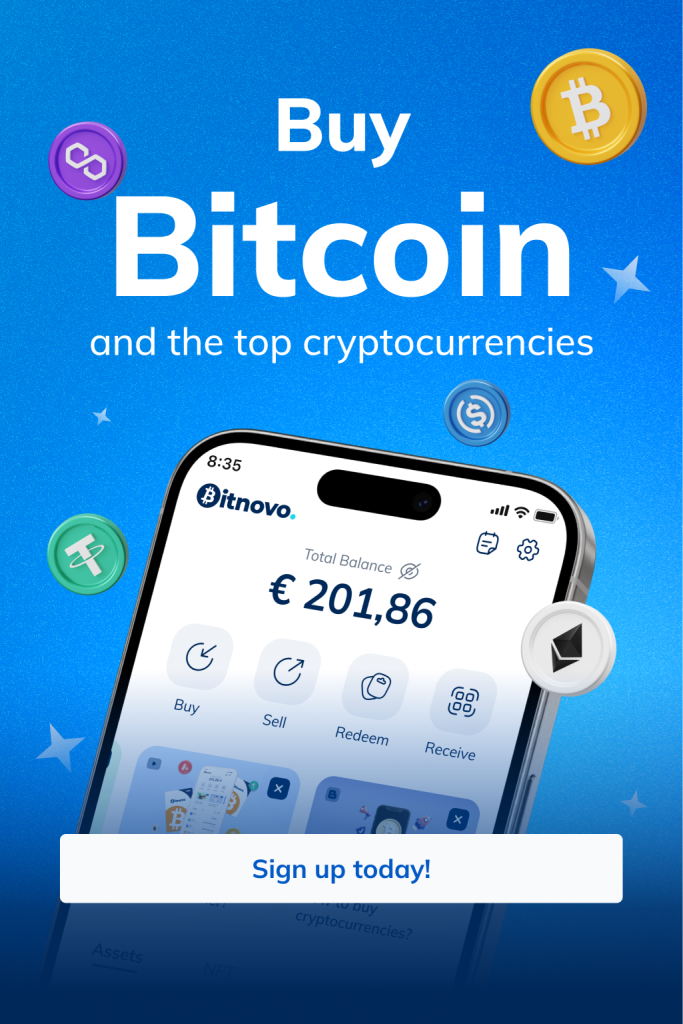
Table of Contents
ToggleIf you are wondering what the Allowance Token is, we could summarize it as an interesting feature of the Ethereum ERC-20 and ERC-777 tokens, through which we can grant specific permissions to access and use funds to DApps and DEX, so they can operate autonomously and safely.
Why were the allowance functions created?

ERC-20 tokens and the arrival of Token Allowance
It can be said that the arrival of the allowance in the world of cryptomonies is with the arrival of the ERC-20 of Ethereum. The standard has a series of predetermined functions in its structure that facilitate the work of developers to create intelligent contracts and Dapps, thus allowing decentralized interactions between users and the Ethereum network and its associated tokens.
To achieve this objective, the ERC-20 has a specific function called “allowance”, which is generally defined as follows:
function allowance(address tokenOwner, address spender)
The function basically requires a series of usage permissions. These permissions allow the smart contract to be transferred from our address to the address defined by the smart contract with a certain amount of tokens (called distribution). This transfer is limited to the amount specified and accepted by the Dapp user. In fact, this is a security measure, which can control the possible expenses of the smart contract in each interaction and during the whole process.

